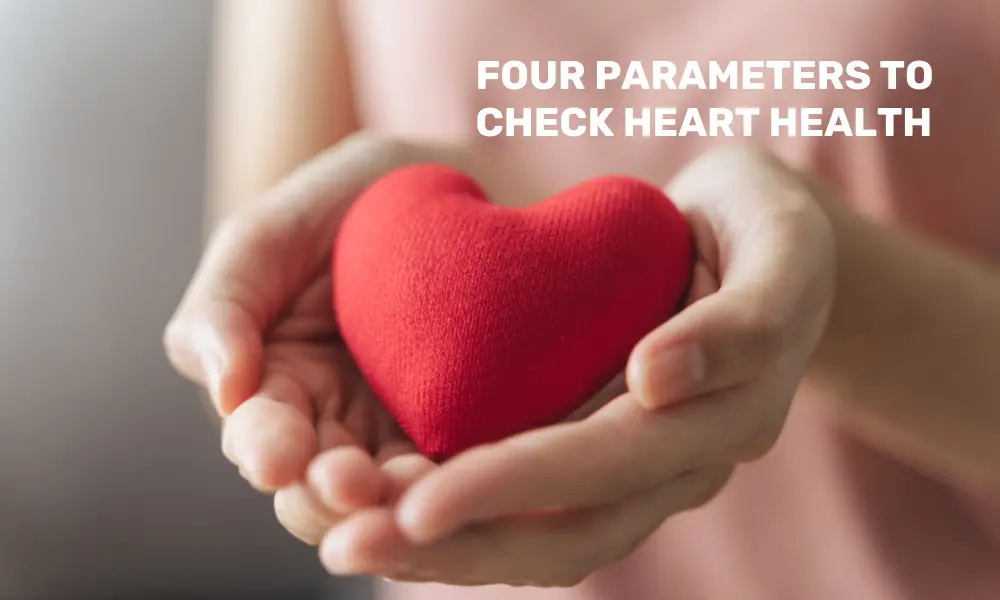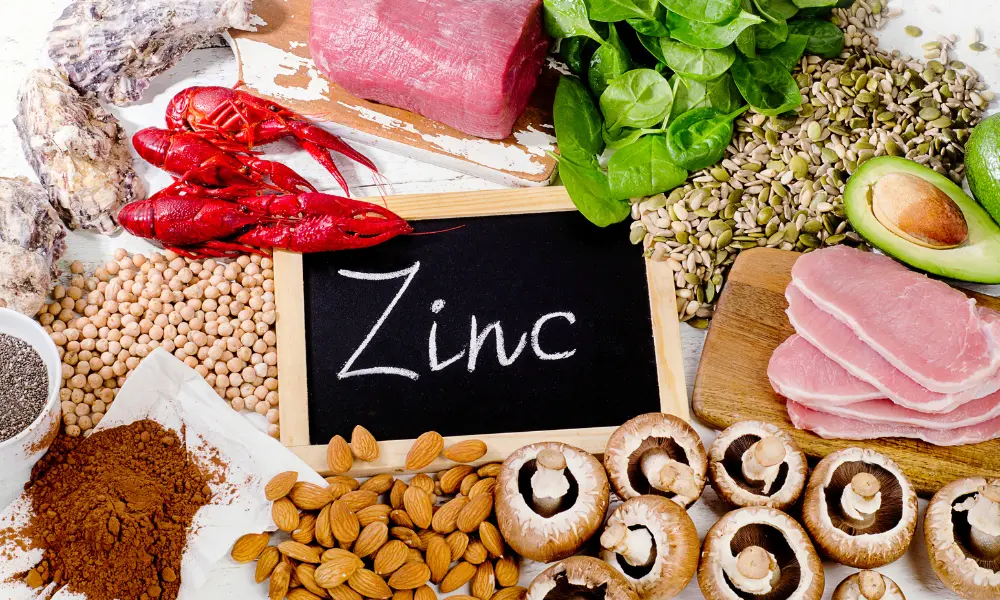Menopause is a time when women’s monthly menstruation or periods stop. It happens due to the loss of ovarian follicular function, at which point the ovaries stop releasing eggs for fertilization.
The World Health Organisation (WHO) states that while the regularity and length of the menstrual cycle may differ across a woman’s life span, the age at which natural menopause initiates is generally between 45 and 55.
Menopause is usually diagnosed when you go without a menstrual period, vaginal bleeding, or spotting for 12 months. While menopause is natural, one might have several physical symptoms, such as hot flashes, poor sleep quality, low energy, and bad mood, among others. There are several treatments for addressing the symptoms of menopause, and these include hormone therapy and lifestyle changes.
Menopause significantly impacts several aspects of an individual’s health, such as bone health, weight gain, urinary incontinence, and heart health.
Menopause can generally increase the risk of heart disease for women due to the changes in the body. Heart disease is a condition wherein the heart and blood vessels don’t work correctly. After menopause, the chances of women developing heart disease increase significantly.
Here are a few reasons for it:
Before menopause, a woman’s body makes more of a hormone called estrogen. This hormone helps to protect the heart by keeping blood vessels flexible, allowing them to expand and contract easily. It also helps to maintain healthy cholesterol levels.
However, when a woman undergoes menopause, estrogen levels tend to drop. Without estrogen, the blood vessels can become stiff, thereby making it difficult for blood to flow. This can also lead to high blood pressure, which is a significant risk factor for heart disease.
A lot of women tend to gain weight during menopause, which increases the risk of heart disease. As women age and their metabolism slows, they tend to gain more fat, especially around the abdomen. This fat, also known as visceral fat, is linked to higher risks of heart problems.
Along with this, cholesterol levels increase. LDL, or ‘bad’ cholesterol, tends to increase while HDL, or ‘good’ cholesterol, tends to decrease. When you have higher LDL, it can lead to the build-up of plaque in the arteries, narrowing them and making it difficult for blood to pass through. The build-up of plaque is called atherosclerosis, which is also a major cause of heart attack and stroke.
Other menopause symptoms like stress, sleep problems, and mood changes can also indirectly cause heart disease. Lack of sleep and chronic stress causes inflammation, damaging blood vessels over time.
Therefore, to reduce the risk of heart disease after menopause, it is important to maintain a healthy lifestyle. This also includes eating a heart-healthy diet, exercising regularly, avoiding smoking, managing stress, keeping a check on cholesterol and blood pressure levels, and having a regular health checkup.
FAQ on Menopause & Heart Diseases in Women
How can I protect my heart during menopause?
To protect your heart during menopause, focus on maintaining a healthy lifestyle by eating a balanced diet that includes fruits, legumes, vegetables, and whole grains, exercising regularly, managing stress, maintaining a healthy weight, quitting smoking, limiting alcohol intake, getting enough sleep, monitoring blood pressure and cholesterol levels. To avoid any complication, one must consult a doctor regularly.
What is the best drink for menopause?
Drinks that can help with menopause symptoms include water, herbal teas, and fruit juices. One can also try buttermilk, iced tea, and soy milk.
What is the best relief for menopause?
The best relief for menopause depends on your symptoms and circumstances, and may include lifestyle changes, eating a balanced diet, staying hydrated, relaxing and sleeping well. One must avoid hot drinks, spicy foods, and stressful situations.





